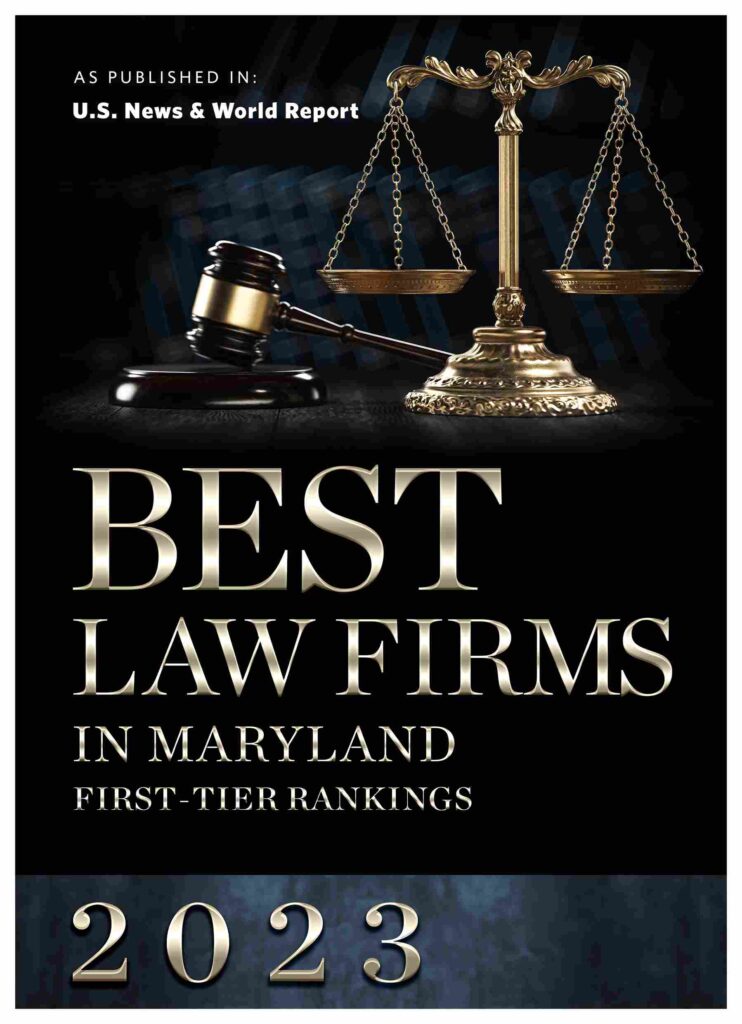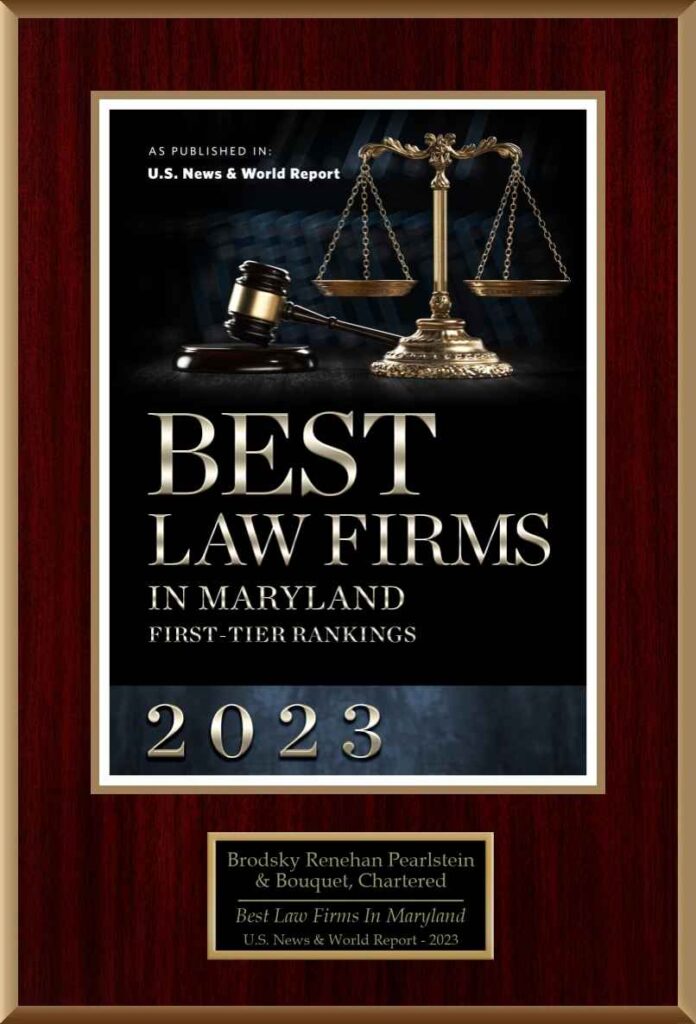On July 7, 2016 non-biological parents in Maryland won important rights with regard to custody and visitation. Prior to that date, Maryland did not recognize what is known as de facto parenthood. A de facto parent is in general terms defined as someone who is not the “legal parent” of a child (e.g. a parent by blood, adoption or marriage) but lived with the minor child for an extended period of time, bonded with the child and assumed most, if not all duties, associated with caring for and raising the child (e.g. financial support, medical care, educational decisions etc). The opinion of the Maryland Court of Appeals in Conover v. Conover establishes recognition of de facto parents in Maryland. This is a major change in Maryland custody law.
De facto parents are often present in specific situations. For example, the non-biological or non-adoptive parent in a same-sex partnership where the parties conceived and bore a child through in vitro fertilization. Another likely scenario is when a step parent marries the biological parent and the other biological parent is absent from the child’s life or is deceased. Previously, these “parents” were left out in the cold when custody became an issue. This was without regard to whether the non-biological parent or non-adoptive parent played a key role (or in some instances the chief role) in rearing the child. Before the Maryland Court of Appeals recognized de facto parenthood in July 2016, the law in Maryland considered non-biological or non-adoptive parents who might otherwise qualify as de facto parents to be mere “third parties” in terms of their standing to seek custody of a minor child. Accordingly, the law obligated such parents to show either unfitness of the biological parent or exceptional circumstances prior to the court even considering whether it would be in the child’s best interests for the non-biological parent to have custody or visitation with the child.
What Is A De Facto Parent?
The July 7, 2016 decision by the Maryland Court of Appeals in Conover v. Conover removed the hurdle of showing unfitness or exceptional circumstances that the law previously required non-biological parents to cross. Now if a non-biological parent or non-adoptive can show the following four factors, under Maryland law they will qualify as a de facto parent:
- That the biological or adoptive parent consented to, and fostered, the non-biological or non-adoptive parent’s formation and establishment of a parent-like relationship with the child.
- That the non-biological or non-adoptive parent lived together in the same household.
- That the non-biological or non-adoptive parent assumed obligations of parenthood by taking significant responsibility for the child’s care, education and development, including contributing toward the child’s support, without expectation of financial compensation.
- That the non-biological or non-adoptive parent has been in a parental role for a length of time sufficient to have established with the child a bonded dependent relationship parental in nature.
Once a non-biological or non-adoptive parent can show these four factors they will be considered a de facto parent under Maryland law. This will permit them to seek custody and/or visitation of the child as if they were a biological or adoptive parent.
This is new law in Maryland and obviously there are many questions. For example, can a grandparent or set of grandparents now qualify as de facto parents? Whether a non-biological or non-adoptive parent or grandparent(s) will meet the four factors above to qualify as a de facto parent in Maryland is an issue to be considered on a case by case basis. If you are a non-biological or non-adoptive parent in Maryland seeking custody and/or visitation of a child, a good family law attorney can help you navigate the law and provide an assessment of your case.






